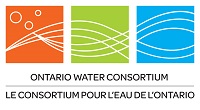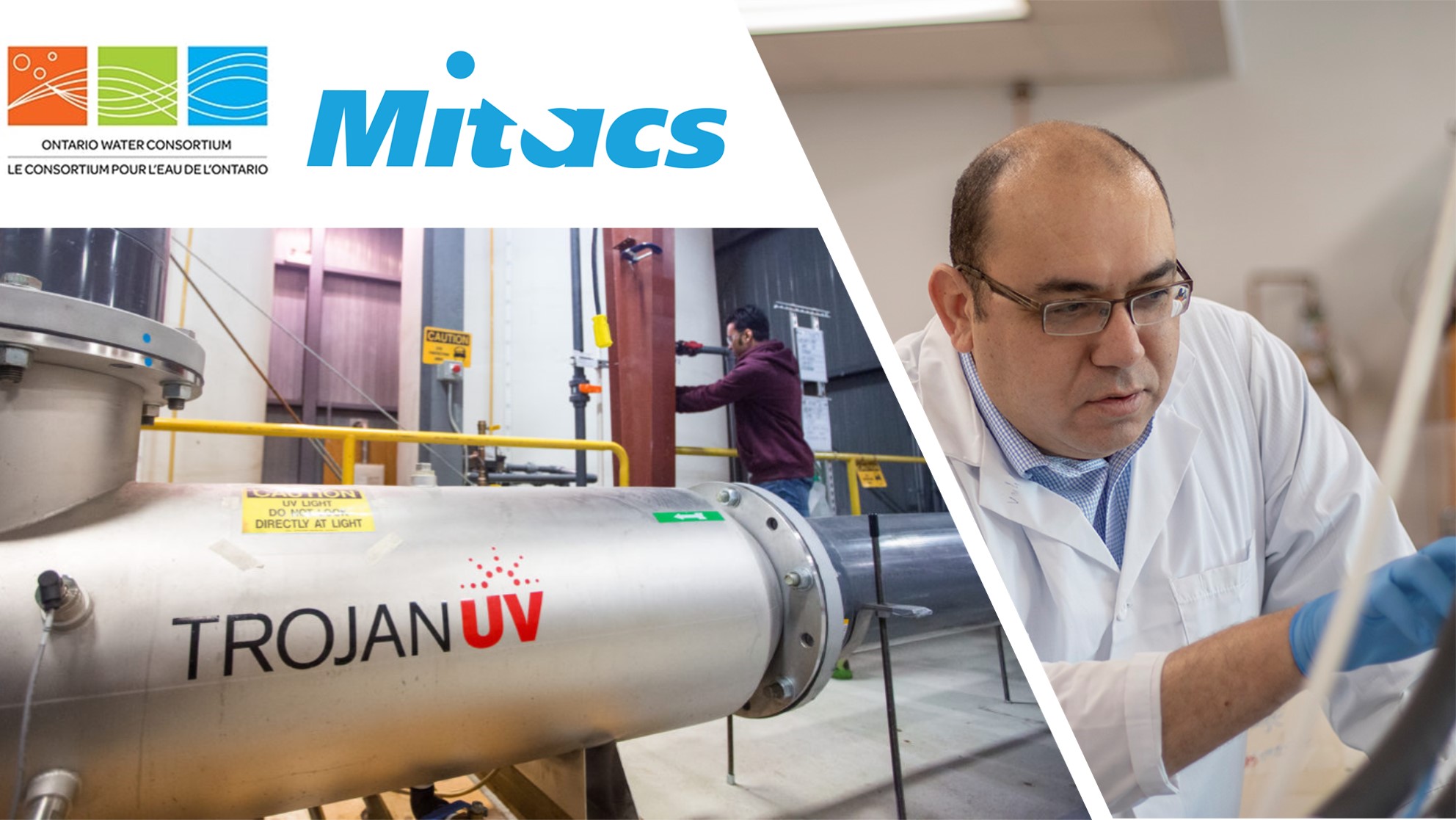When Elsayed Elbeshbishy finished his PhD in environmental engineering in 2011, he was eager to add some applied experience to his academic expertise. He got that opportunity thanks to Mitacs, a not-for-profit organization that connects researchers with industrial partners.
The program funded an 18-month post-doc fellowship with Trojan Technologies, where Elbeshbishy helped develop a sludge management system that reduced odours, improved anaerobic digestibility and shrunk sludge volumes. The successful proof-of-concept project enabled Trojan to identify the optimum operating and environmental conditions for this new technology.
Today, as a professor of civil engineering at Ryerson University, Elbeshbishy continues the productive collaboration with Trojan Technologies (Trojan) that Mitacs catalyzed. “It’s a very, very beneficial program,” he says. “It opened my mind on how to think as an industrial person, not just an academic researcher working in the lab or sitting in front of the computer.”
Creating more success stories
Now, a new partnership between the Ontario Water Consortium (OWC) and Mitacs will create more of those success stories. Through the program, OWC will help water technology companies and municipal utilities across the province add research expertise to their teams in the form of college students, university undergrads, graduate students and post-docs.
Mitacs contributes half of the funding for internships. The other half comes from the host company or municipality. Under the supervision of a faculty member, interns undertake a project that can range from a few months to more than a year, investigating a real-world research or development challenge.
Ted Mao knows just how valuable that can be. For 14 years, he led R&D at Trojan, first as vice-president of research and then as the company’s chief technology officer. Today he serves as OWC’s principal consultant. “There are tremendous needs for water technologies to reduce energy, to reduce greenhouse gas, to meet regulatory compliance or to address the concern of deteriorating infrastructure,” he says.
Elbeshbishy agrees, adding that basic solutions aren’t enough anymore. Today, he says, we need innovative approaches that tackle multiple challenges simultaneously — such as technologies that stabilize sludge and recover value-added products at the same time.
That’s where the OWC/Mitacs collaboration comes in, helping municipalities and companies develop those solutions.
Win-win-win
For students and post-docs, Mitacs internships offer practical experience and connections to advance their skills and careers, as well as soft skills in communication, leadership and project management.
According to Elbeshbishy, many of the things he learned during his internship continue to inform his industry collaborations. Working at Trojan taught him to speak the language of industry and understand how a particular research project fits within the company’s broader goals and constraints. “When you look at the bigger picture, it makes a big difference,” he says.
He was also introduced to the practical challenges of scaling up a technology. “It’s easy to control things in the lab,” he explains. “On the full-scale, you don’t have control of everything.”
But interns aren’t the only ones to benefit. As Mao points out, bringing municipalities, companies and academia together helps de-risk the development of new technologies that require big investments and have long payback periods.
For Trojan, the fellowships have allowed the company to augment their in-house capabilities with research expertise and lab facilities they might not otherwise have access to. “They’re the project muscles,” says Mao. “You create the critical mass, allowing you execute your projects.”
Internships also develop professionals with the skills to become industry leaders. During Mao’s tenure at Trojan, the company hosted close to 100 Mitacs interns. Dozens of them subsequently became full-time employees there, while many were hired by other water technology companies. Others, like Elbeshbishy, became tenure-track faculty members at universities, where they maintain ongoing relationships with Trojan.
“It’s a win-win-win situation that ultimately helps accelerate innovation,” says Mao.
Making it easy
The OWC/Mitacs partnership is designed to be flexible, serving municipal utilities, global companies like Trojan, small start-ups and everything in between. The host organization can hire a single intern or many, for anywhere from four to six months.
Applicants can propose their own project. Or they can join an area of focus established by OWC, contributing to a consortium focused on critical areas like remote monitoring, net-zero wastewater treatment, algae reduction and more.
And because OWC has streamlined the application process, it’s easy to apply for funding and manage the grants. Over the next three years, the OWC/Mitacs partnership is expected to provide 120 internships, supporting projects worth more than $1.8 million.
According to Mao, the response to date has been very favourable. “I’m excited about this,” he says. “We’re really building the talent funnel … building that pipeline for innovation and for future leaders.”
Ontario municipalities and water and wastewater companies that may be interested in partnering with OWC to leverage funding for applied research projects through Mitacs programs are encouraged to visit the Mitacs Partnership webpage.


